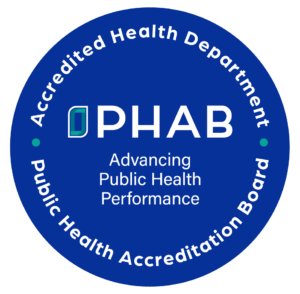The Union County Health Department permits and inspects household sewage treatment systems and semi-public systems as required by Ohio law (Ohio Revised Code Chapter 3718 and in compliance with the rules set forth in Ohio Administrative Code 3701-29. Rules are intended to protect our community from the transmission of fecal based diseases that can enter surface or groundwater and increase the possibility of contamination of drinking water supplies.
Building a New Home / Installing a New Sewage System
Anyone planning on purchasing a lot or building on a lot should have the site evaluated early in the process. If the property is not within the service area of a public sewage treatment plant or a development’s package plant, you will need to install a household sewage treatment system and identify a location for a backup system. Sewage system type, size, design and cost are based on site specific soil characteristics (texture, permeability, etc.), depth of the seasonal water table or bedrock, slope and potential load on the system. The interplay of these factors should guide the selection of system type and design. The Ohio sewage rules also stipulate minimum standards which may limit or impact the types or designs of systems that are allowable on a lot. Not all lots can be developed and served by an on-lot sewage treatment system. Limiting factors like flood plains, saturated soils, excessive slopes can make system design impossible or impractical.
A sewage system installation permit and operating permit must be obtained from the Union County Health Department prior to installation. The installer must call to schedule an inspection prior to backfilling the system. The Union County Health Department performs a follow-up inspection on all new system installations 12 months after the system is completed to evaluate system performance and provide homeowner education.
After your new system is in the ground, it will be required to be on an operation and maintenance program.
A Site & Design Application and Installation Permit must be submitted together with house plan and a soil report from a registered soil scientist.
Resources To Get You Started
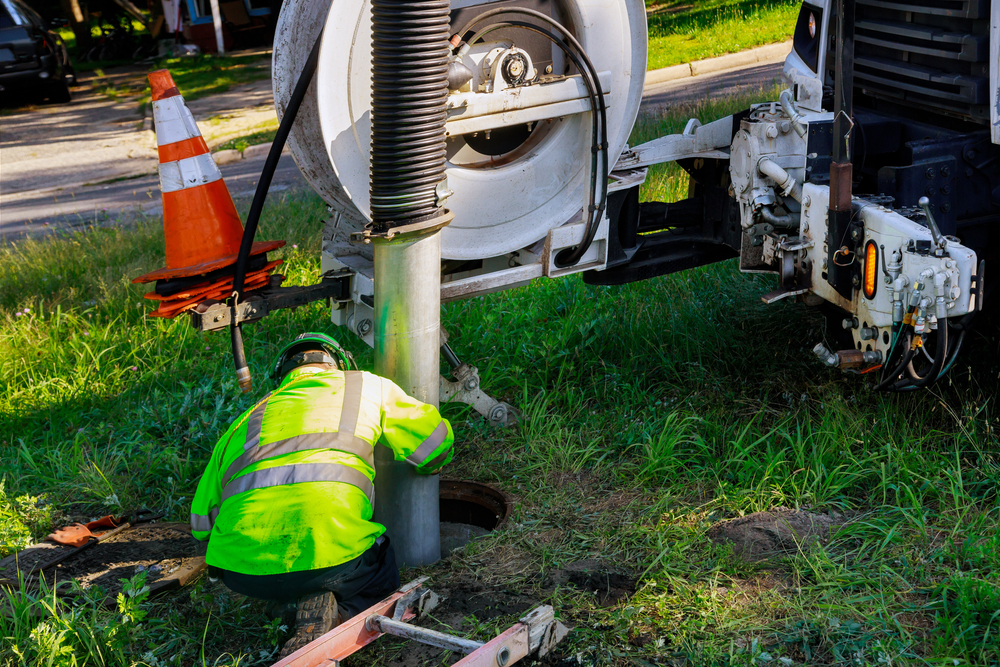
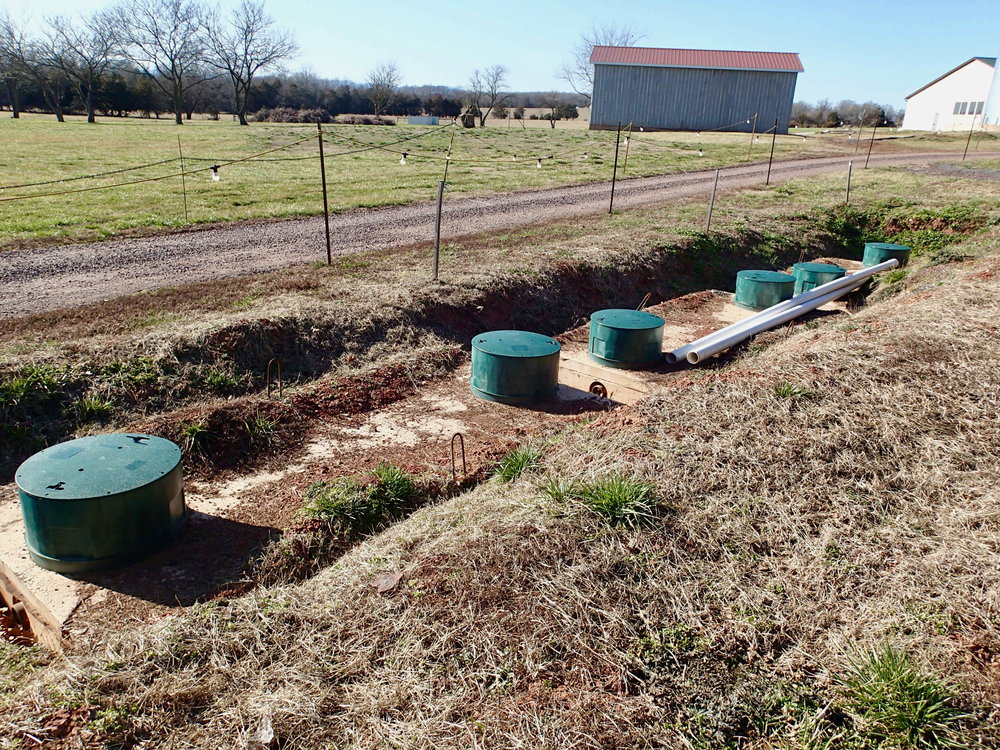
Altering An Existing Sewage System
If you plan to add leach lines, tie in additional buildings or make other alterations to your existing sewage treatment system, a permit is required. Sewage treatment systems cannot be altered without a permit. The work must be done by a registered sewage contractor. Before alterations can be made, submit the alteration permit and system application.
Abandoning a Sewage Treatment System
Once a sewage treatment system is no longer in use, it must be properly abandoned to prevent fall and entrapment hazards that can result from a collapsed system. An abandonment permit must be submitted to the Union County Health Department. Abandoning a sewage treatment system typically consists of pumping the tank, crushing the tank and backfilling the area. A registered pumper must be used to pump out the system. Tank crushing and backfilling of the area do not have to be completed by a registered sewage contractor.
If a new system is replacing an old system, the registered sewage contractor can include the abandonment permit along with the new installation permit paperwork (installation permit and system design application, a soil report may be required) or at completion of installation of the new system.
If a system is being abandoned with no replacement system installed, it is preferred an abandonment permit be submitted to the Union County Health Department in advance of the work with verification documentation submitted once the work is completed.
Operation & Maintenance Program
In accordance with Ohio sewage rules, permits to operate a household sewage treatment system cannot be longer than 10 years in length. In Union County, operation permits are renewed every five years at a cost of $50 ($10 per year). As a condition of the operation permit, Ohio sewage rules require local health departments establish procedures to ensure systems are operating as intended. To meet this requirement, the Union County Board of Health has established an inspection cycle for all household sewage treatment systems. Many systems, such as discharging systems or systems that have an aerator, require an annual inspection.
To meet this requirement, homeowners have three options.
- Maintain a contract with a registered service provider. A copy of the contract can be mailed to the Union County Health Department, emailed emailed to ehcontact@uchd.net or faxed to (937) 645-3047.
- Become registered to service your own property. Email ehcontact@uchd.net for more information.
- The Union County Health Department can do an annual inspection to determine if the system is working properly. No maintenance services are provided.
Resources To Get You Started
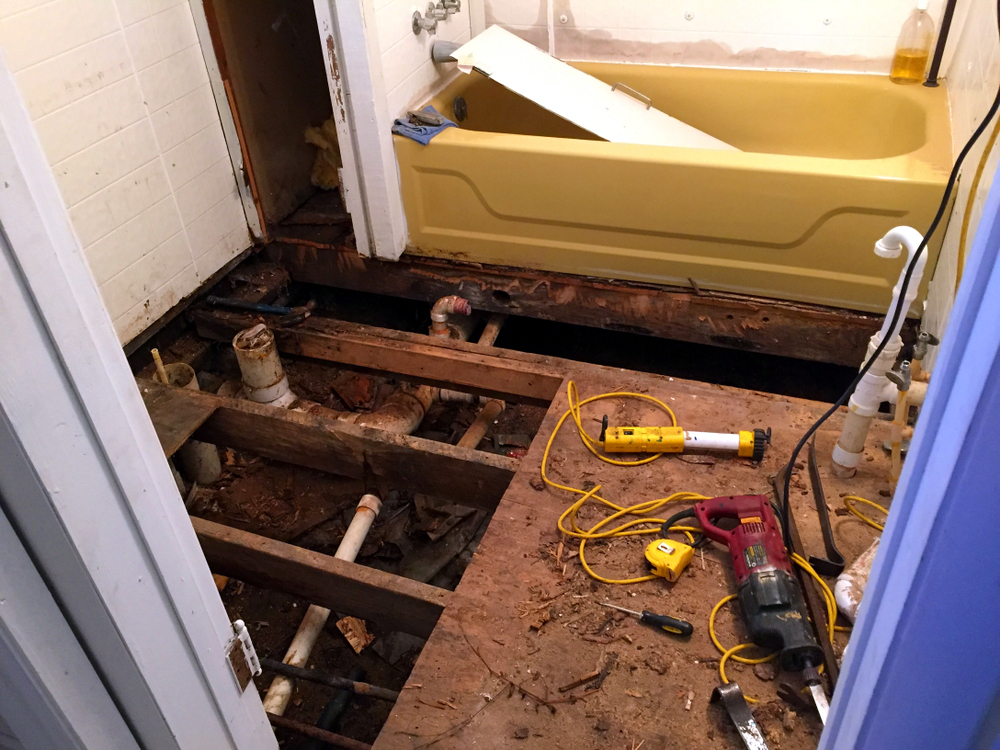
Add On / Remodel
If you plan to add a pool, pole barn, garage, hardscape, or other features to your property, it is important to first protect your sewage and drinking water source. Further developing your property without considering your existing drinking water source and your existing and back-up sewage treatment system locations can impact your pocket book significantly down the road. Before bringing your dreams for your property to life, please click the button to view our Add On /Remodel page.
Lot Splits & Subdivisions
New lots created in areas of the county that are not served by public water and sewer are evaluated by the Union County Health Department to determine if a household sewage treatment system can be placed on the lots. This evaluation provided by the Union County Health Department is preliminary. Then, a separate, more in depth, evaluation is required to ensure a proper household sewage treatment system can be designed for the specific home that will be built on the lot. Additionally, the department reviews all subdivisions in the county developed in areas not served by public water and sewer.
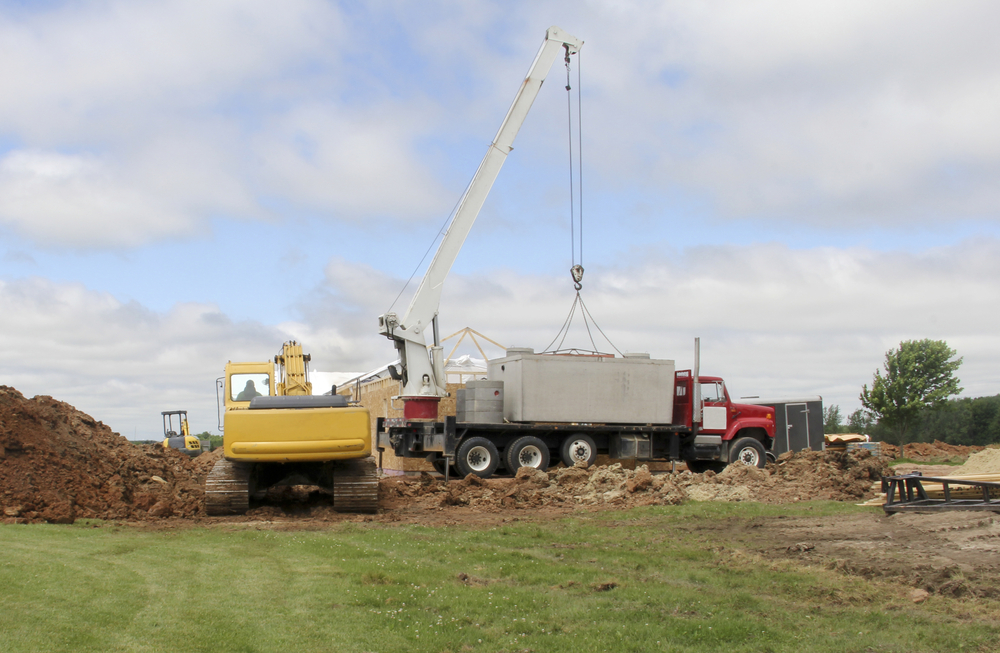
Report a Nuisance Sewage System
Union County residents can report a failing sewage treatment system to the Union County Health Department.

